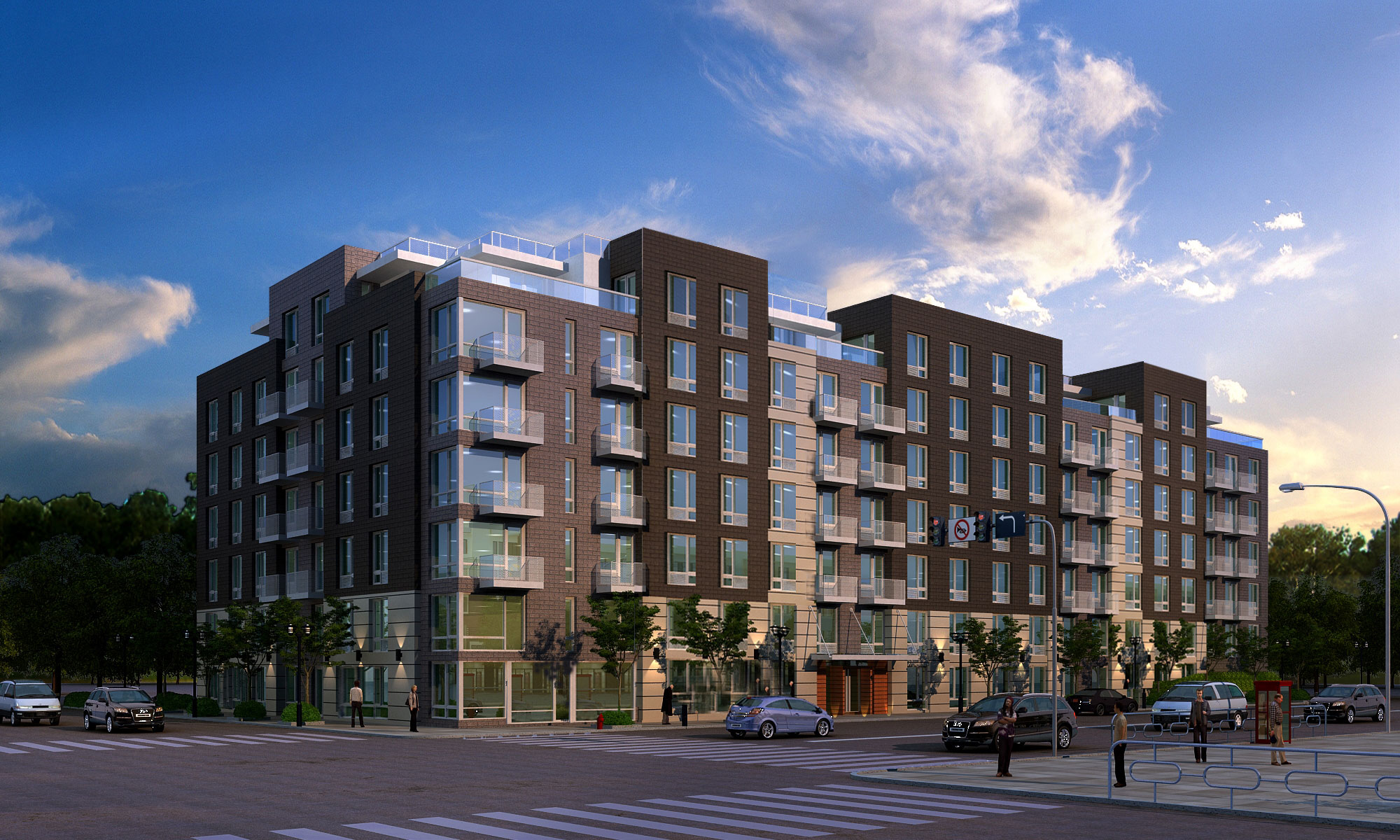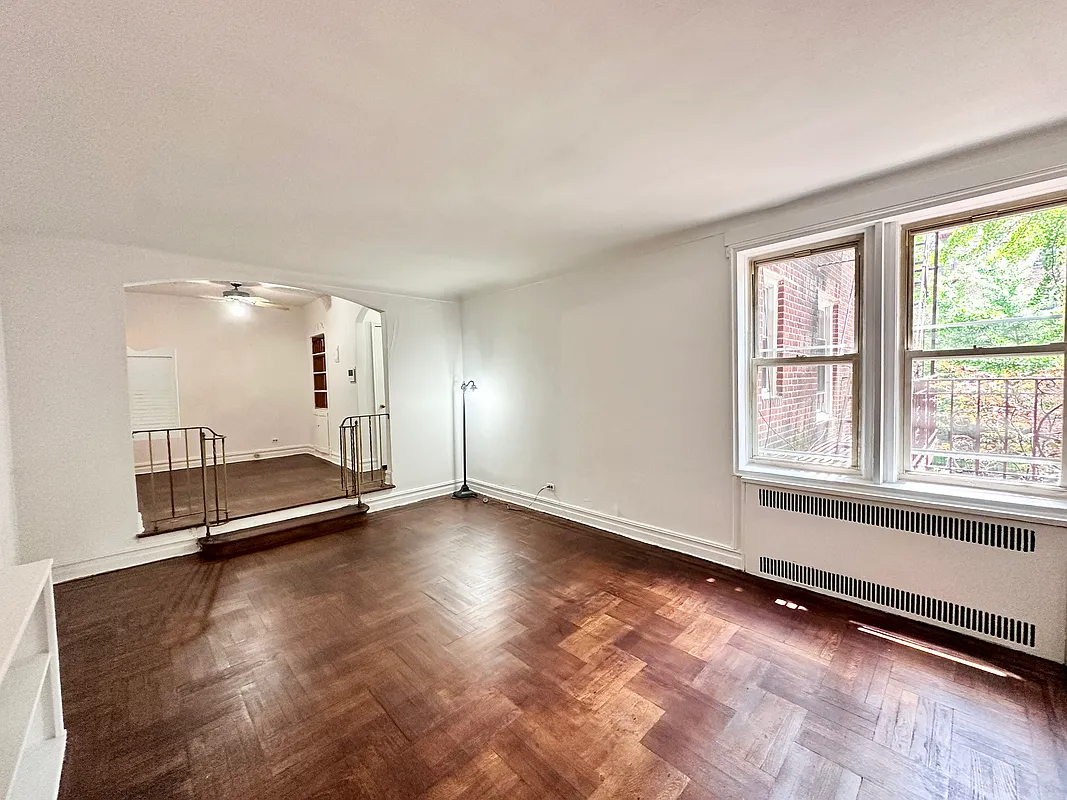Report: While Developers Exploit Tax Breaks at Tenants' Expense, City Does Little
Despite some of the most extensive rent regulation laws in the nation, a bureaucratic entanglement is leaving New York City tenants at the mercy of developers’ illegal and unpunished abuse of tax breaks, according to a report. The developers and landlords of several glassy new luxury condo towers have been swindling residents out of thousands…

Despite some of the most extensive rent regulation laws in the nation, a bureaucratic entanglement is leaving New York City tenants at the mercy of developers’ illegal and unpunished abuse of tax breaks, according to a report.
The developers and landlords of several glassy new luxury condo towers have been swindling residents out of thousands of dollars each month by illegally increasing rents beyond regulated caps, found a new investigation by ProPublica and WNYC.
In luxury apartment buildings like Williamsburg’s The Driggs, pictured above, generous 421-a abatements give property owners massive tax cuts in exchange for designating a certain number of those apartments rent-stabilized. The Driggs received a 93 percent property tax reduction this year through the program, from $678,000 to $47,000, according to ProPublica.
The city hands out more than $1 billion in tax breaks every year through 421-a, yet ProPublica found many developers are not carrying through with their part of the deal. The government does little to ensure landlords are not overcharging tenants, the report said.
The rent of Julie Renwick, a tenant of The Driggs, went from $2,875 to $3,350 a month — at a rent increase more than triple the legal limit. At the time, Ms. Renwick was unaware her unit is rent-stabilized. Since moving in, building management has exploited her out of nearly $6,000 in illegally charged rent, according to ProPublica.

A rendering of the rooftop of The Driggs
Rabsky Group is the owner of the building. The firm is a major real estate player in Brooklyn but rarely gives interviews to the press. Rabsky denied any wrongdoing and told The Real Deal it strictly adhered to the letter of the law.
Even under a mayoral administration that has made affordability a top priority, the city remains passive in the face of landlords charging unlawful amounts, the report charges.
Jurisdiction and enforcement of tax breaks and rent laws do not overlap between city agencies, meaning that only the Department of Finance can dispense tax breaks, but only the Housing Preservation and Development Department (HPD) can revoke them. Rent stabilization complaints are overseen by yet another agency — the state’s Division of Housing and Community Renewal.
This mess of red tape likely contributes to the rarity of tax benefit revocations. There have been only two such revocations in the past three years, according to city officials, ProPublica said.
“So much of what we deal with is simply enforcement of existing housing law,” Metropolitan Council on Housing organizer Daniel Moraff told ProPublica, emphasizing developers’ key advantage is that tenants don’t fully understand their complicated rights and entitlements.
The controversial 421-a tax break is set to expire in January (it was extended this summer). But even if extended further, far more significant changes will need to be made to retain — let alone create — stabilized units.
[Source: ProPublica | Renderings: The Driggs]
Related Stories
Nervous Developers Rush to Build More Units Before New De Blasio Plan Takes Effect
Number of Brooklyn Building Permits Surged in June, Plummeted in July
The New York Tax Break You’ve Never Heard Of





What's Your Take? Leave a Comment